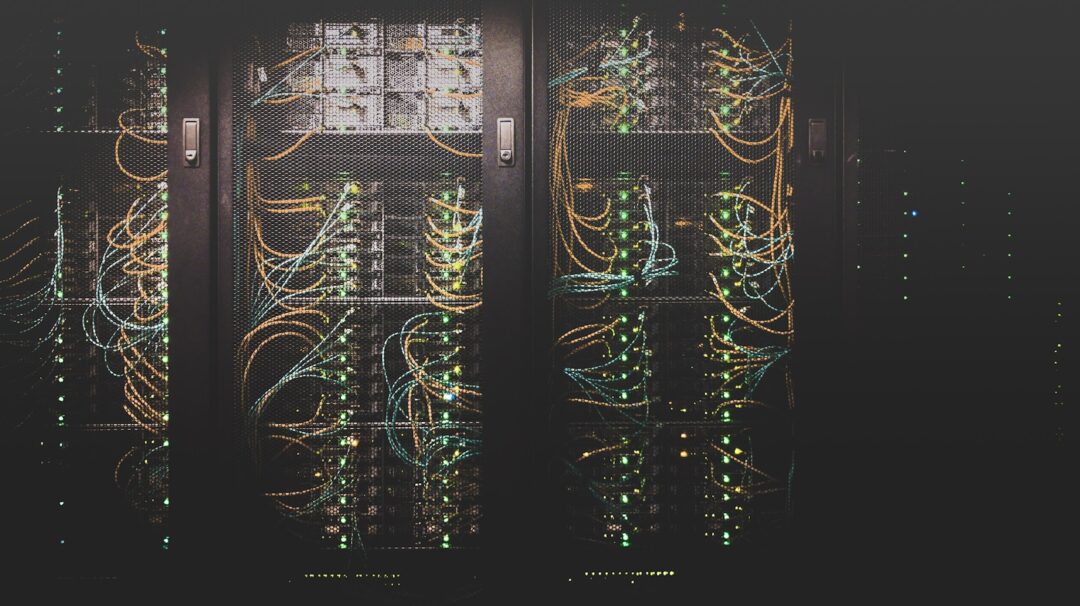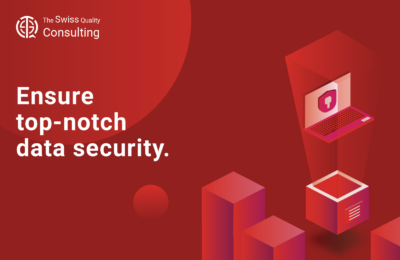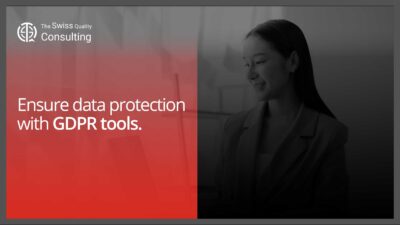Protecting Sensitive Information and Ensuring Regulatory Adherence in the Digital Age
Learn how to navigate data compliance and security in the UAE. Protect sensitive information, ensure regulatory adherence, and maintain stakeholder trust in the digital age.
In the rapidly evolving digital landscape of the UAE, safeguarding sensitive data and adhering to stringent compliance regulations is paramount for businesses. The UAE has implemented comprehensive data protection laws to ensure the privacy and security of personal information. This article delves into the essential steps organizations can take to navigate the complexities of data compliance and security in the UAE, protecting their valuable assets and maintaining the trust of their customers and stakeholders.
1. Understanding the UAE’s Data Protection Framework
The UAE’s data protection framework encompasses a range of laws and regulations aimed at protecting personal data. The Federal Decree-Law No. 45 of 2021 on the Protection of Personal Data (PDPL) is the cornerstone of this framework, setting out the rights and obligations of data controllers and processors. It is crucial for businesses to understand the key provisions of the PDPL, including the definition of personal data, the principles of data processing, and the requirements for data security.
1.1. Data Classification and Risk Assessment
To effectively comply with the PDPL, organizations must classify their data based on sensitivity and conduct thorough risk assessments. This helps identify potential vulnerabilities and prioritize security measures. By understanding the types of data they handle and the associated risks, businesses can implement appropriate safeguards to protect personal information from unauthorized access, disclosure, or misuse.
2. Implementing Robust Data Security Measures
Protecting sensitive data requires a multi-layered approach to security. Organizations should implement technical and organizational measures to ensure the confidentiality, integrity, and availability of personal data. This includes encryption, access controls, regular backups, and incident response plans. Additionally, businesses should conduct regular security audits and vulnerability assessments to identify and address potential weaknesses in their systems.
2.1. Employee Training and Awareness
Human error remains a significant factor in data breaches. Organizations must invest in comprehensive training programs to educate employees about data security best practices. This includes raising awareness about phishing scams, social engineering attacks, and the importance of strong passwords. By fostering a culture of security awareness, businesses can significantly reduce the risk of data breaches caused by human error.
3. Ensuring Transparency and Accountability
Transparency and accountability are key principles of the UAE’s data protection framework. Organizations must be transparent about their data processing activities, informing individuals about how their data is collected, used, and shared. They must also have mechanisms in place to respond to data subject requests, such as requests for access, rectification, or erasure of personal data. Maintaining accurate records of data processing activities is essential for demonstrating compliance and ensuring accountability.
3.1. Data Breach Notification
In the unfortunate event of a data breach, organizations are required to notify the relevant authorities and affected individuals within a specified timeframe. Having a well-defined incident response plan in place can help businesses respond quickly and effectively to data breaches, minimizing the damage and ensuring compliance with notification requirements.
4. Embracing Technology for Enhanced Data Protection
Technology plays a crucial role in data compliance and security. Organizations can leverage various tools and solutions to automate compliance processes, monitor data access, and detect potential threats. Encryption technologies, data loss prevention (DLP) solutions, and intrusion detection systems (IDS) are just a few examples of how technology can be used to enhance data protection.
5. Partnering with Experts for Compliance and Security
Navigating the complexities of data compliance and security can be challenging, especially for small and medium-sized enterprises (SMEs). Partnering with experienced legal and cybersecurity professionals can provide valuable guidance and support. These experts can help businesses understand their obligations under the PDPL, develop comprehensive data protection strategies, and implement robust security measures.
6. Staying Ahead of the Curve with Emerging Technologies
As technology continues to evolve, so too do the threats to data security. Organizations must stay informed about emerging technologies such as artificial intelligence (AI) and blockchain, which have the potential to revolutionize data protection. AI-powered solutions can help detect and respond to threats more effectively, while blockchain can enhance data integrity and immutability. By staying ahead of the curve and embracing new technologies, businesses can ensure the ongoing security and compliance of their data.
In conclusion, navigating data compliance and security in the UAE requires a proactive and comprehensive approach. By understanding the regulatory landscape, implementing robust security measures, fostering a culture of security awareness, and leveraging technology, businesses can protect their sensitive data and maintain the trust of their stakeholders. Staying informed about emerging technologies and partnering with experts can further enhance data protection efforts, ensuring that organizations remain compliant and secure in the dynamic digital age.
#DataCompliance #DataSecurity #UAE #Cybersecurity #DataProtection






















